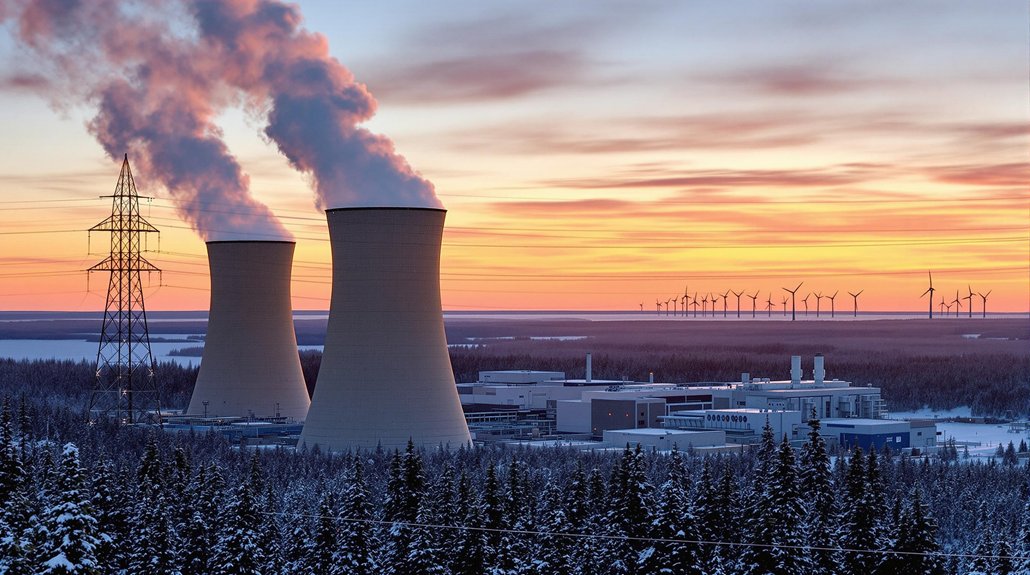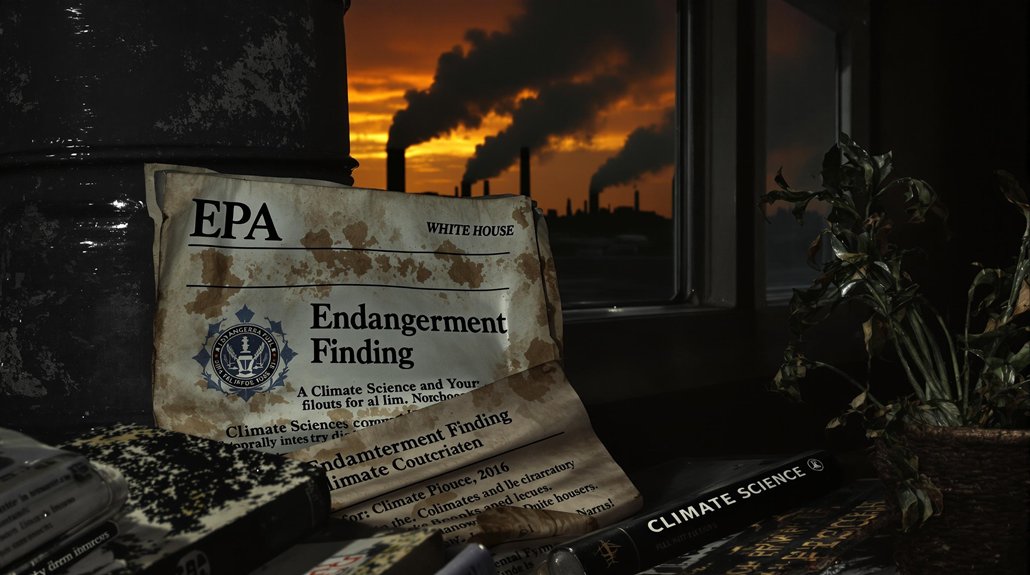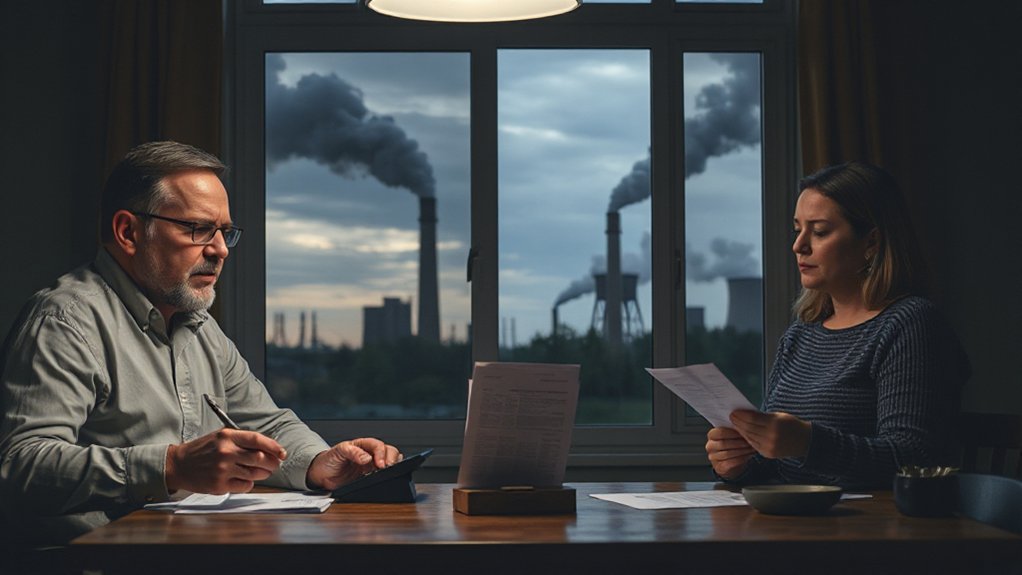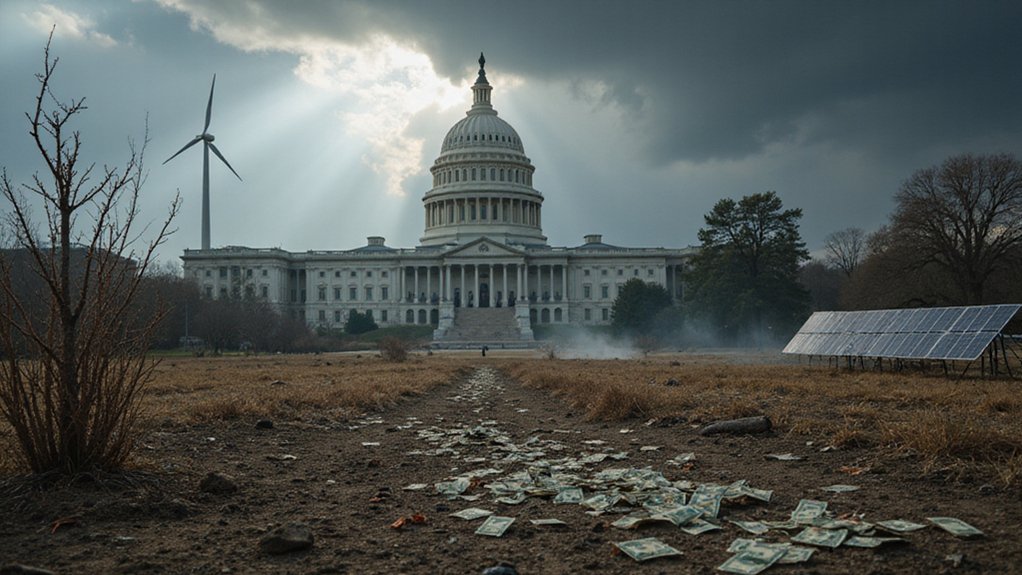Michigan lawmakers are moving forward with a bill that would classify gas plants in the Upper Peninsula as “clean” energy sources. The proposal aims to prevent rate increases for local residents facing unique energy challenges. Environmental groups strongly oppose this change, arguing it contradicts the state’s climate goals. Supporters claim the measure is necessary for regional grid stability and affordable energy access. The outcome of this legislative battle will shape Michigan’s energy future and set precedents for how states balance immediate economic needs with environmental priorities.
While Michigan’s clean energy law aims to reduce fossil fuel use by 2040, lawmakers are now pushing to redefine two Upper Peninsula gas power plants as clean energy sources. The Michigan House Energy Committee recently advanced legislation that would allow these natural gas facilities to count toward the state’s clean energy requirements.
The bills—House Bills 4007 and 4283—specifically target reciprocating internal combustion engine (RICE) generators owned by two UP utilities. These gas plants were built in recent years to replace older coal-fired units. If approved, the plants would qualify under the renewable energy portfolio standards established in the 2023 clean energy law.
Supporters of the legislation argue that without these changes, UP residents could face sharp rate increases. They claim utilities would otherwise need to purchase renewable energy credits or rapidly develop new renewable facilities. Bill sponsors point out that the gas plants have already reduced carbon emissions by replacing coal operations.
“These plants could become boat anchors if we don’t make these adjustments,” said one lawmaker, referring to the recent investments that could be wasted under current regulations. The bipartisan vote reflected concerns about the UP’s unique energy challenges, including its geographic isolation.
However, environmental groups strongly oppose the reclassification. Critics argue that natural gas remains a fossil fuel primarily composed of methane, with significant greenhouse gas impacts. They contend the bills undermine Michigan’s clean energy goals, which require electric providers to guarantee 60% of their energy comes from renewable sources by 2035. The natural gas debate highlights broader concerns about fossil fuel dependency as renewables increasingly power the global electricity grid.
“It’s simply not accurate to call natural gas clean energy,” said one environmental advocate during committee hearings. Opponents also expressed concerns about limited public input in the legislative process. The committee chair controversially silenced opposition voices during the hearing, preventing environmental advocates from providing testimony. The Michigan Public Service Commission has been tasked with researching energy compliance options in the UP amid these debates.
The UP’s energy situation presents a complex challenge for policymakers. The gas plants provide essential grid stability in a region with limited energy infrastructure. As the bills move forward, they highlight the tension between immediate economic concerns and long-term environmental goals in Michigan’s energy shift.








